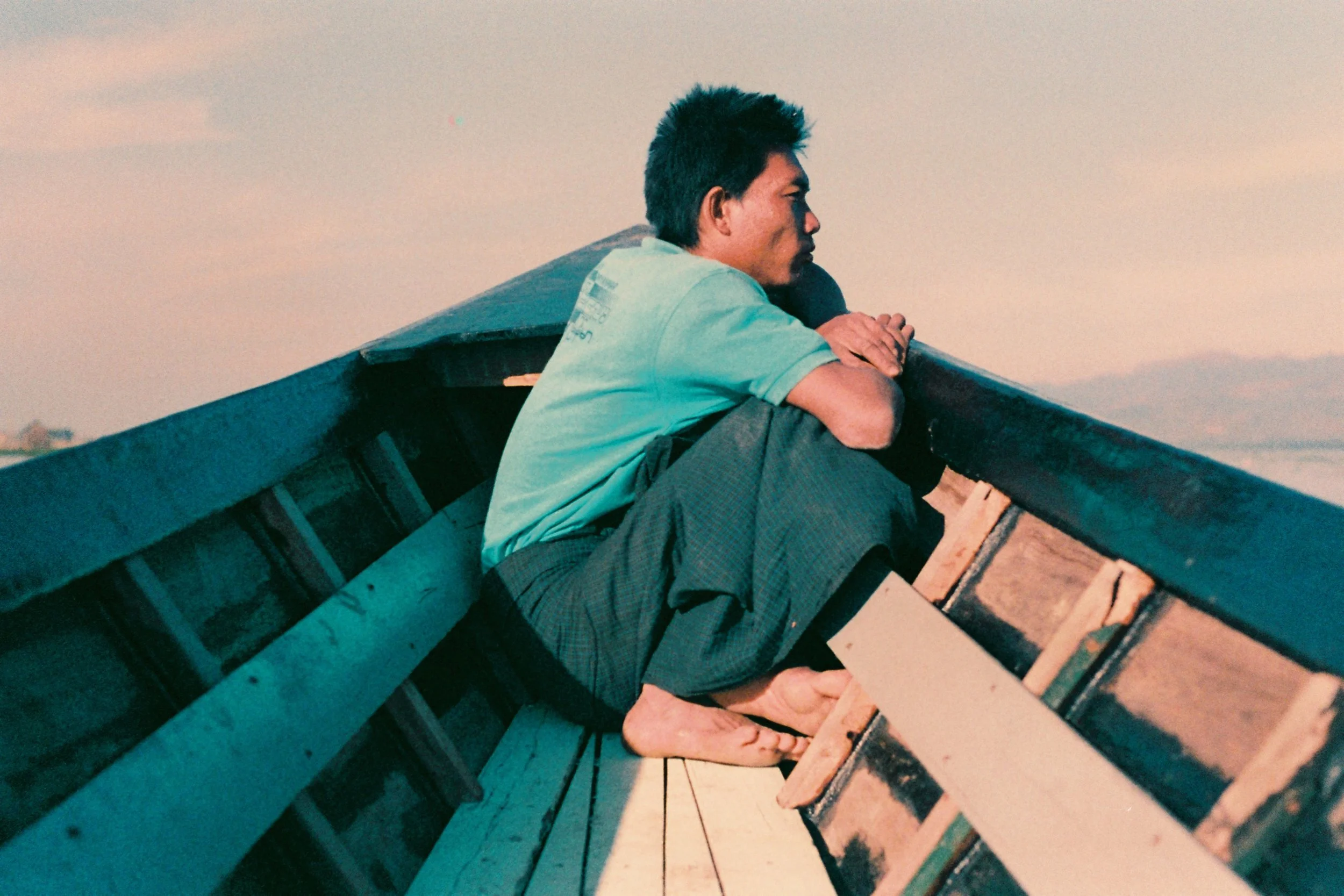Together, Vicky Watt-Smith (IARAN Communications Officer) and Leonie Le Borgne (IARAN Fellow) discuss the advantages and disadvantages to remote/flexible working. What was the final result? The answer might surprise you...
8 non-analytical things I learnt at an analysis training
In this piece Leonie reflects on a workshop which she attended in mid-June where she spent 3 days with the IARAN fellows: a group of humanitarian professionals with expertise that spans urban planning and UK asylum law to GIS and social entrepreneurship. They discussed how each of them, in their separate organisations can bring change to the humanitarian sector, for the better.
Aid in the Tech Era
The last century has been characterised by the advancement and spread of technology. The reach and adoption, particularly of information and communication technology (ICT) saw a sharp rise in the 1990s and has grown exponentially since. Leonie LeBorgne and Matthew Williams ask: are Aid Organisations ready to respond to a growing and dangerous digital divide?
Caution! Aid re-construction zone
With problems on the rise ‘at home’, criticism of foreign aid is stronger than ever. At the same time, humanitarian needs are growing, and far outpacing the funding requirements and government commitments needed to address the short- and long-term consequences of crises. What lies in store for aid organisations?








